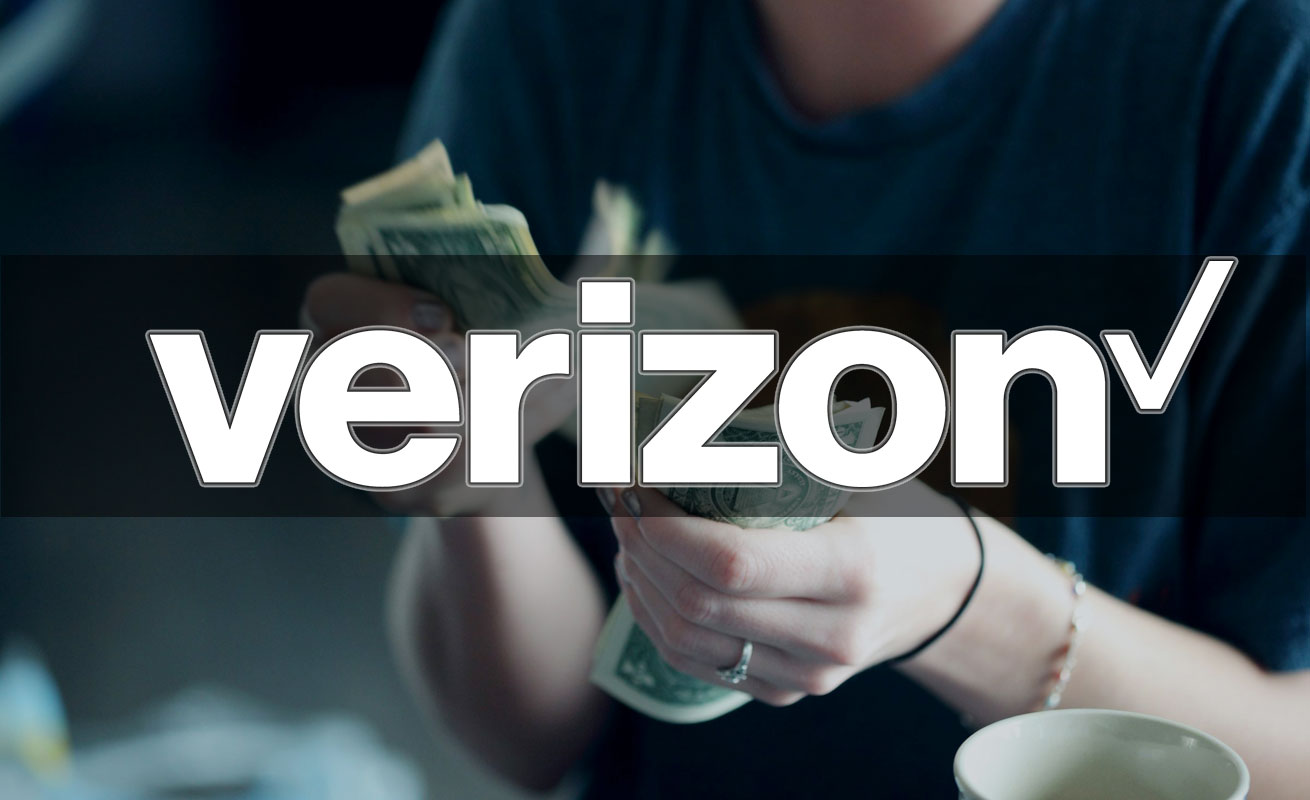Verizon Customers Face Another Fee Increase: What You Need to Know– Regarding wireless service providers, hidden charges and fee hikes are all too familiar. This time, Verizon announced a 20-cent increase in its “Administrative and Telco Recovery Charge,” which has frustrated many customers. While the fee adjustment may appear minor, the cumulative impact on millions of users can be substantial. Here, we dive deep into Verizon’s latest change, its implications, and what customers can do about it.
What Is the Administrative and Telco Recovery Charge?
The Administrative and Telco Recovery Charge is an additional fee Verizon imposes to offset certain costs incurred by the company. According to Verizon, this fee helps recover direct and indirect expenses, including:
- Costs related to network operations, maintenance, and protection.
- Property taxes on network facilities.
- Compliance with regulatory mandates like E911 services and wireless local number portability programs.
- Payments to other companies for network services.
Although Verizon claims these charges are necessary to “defray” business costs, they are not government-mandated taxes but surcharges set by the company itself.
The Latest Fee Hike: Key Details
Effective 18 December, Verizon will increase the monthly Administrative and Telco Recovery Charge as follows:
- The fee for voice lines (smartphones, basic phones, and second lines) will rise from $3.30 to $3.50 per line.
- The fee for data-only lines (hotspots, tablets, etc.) will increase from $1.40 to $1.60 per line.
Notably, this change does not apply to Verizon’s Home Internet services. However, these incremental increases can add up quickly for millions of mobile users.
Why Does Verizon Keep Increasing Fees?
Fee increases like this are nothing new for Verizon or other wireless carriers—the company’s reasoning centres around rising operational costs. However, many critics argue that these charges allow companies to increase revenue without officially raising base plan rates.
Historical Context
Verizon has a long-standing pattern of fee adjustments. A few years ago, the same Administrative and Telco Recovery Charge experienced a more significant hike, sparking customer frustration. This fee’s repeated adjustments highlight a trend among wireless carriers to pass costs onto consumers while keeping base rates competitive on paper.
The Bigger Picture
Verizon isn’t alone in this practice. Competitors like AT&T and T-Mobile impose similar surcharges under slightly different names. While these fees are explained as necessary for business sustainability, sceptics argue they are little more than a way to pad profit margins. For example, AT&T faced a class-action lawsuit 2022 over similar fee structures, ultimately agreeing to a settlement without admitting fault.
How Do These Fees Impact Customers?
Though the increase is “just 20 cents,” it’s essential to consider the broader implications:
- Cumulative Costs: For millions of customers, this small increment represents a significant revenue boost for Verizon. The additional charges can compound for an average family plan with multiple lines over time.
- Lack of Transparency: Many customers feel these fees must be adequately disclosed when signing up for plans, leading to unexpected bill increases.
- Eroded Trust: Repeated fee hikes contribute to customer dissatisfaction, as users feel nickel-and-dimed for services they already pay premium rates to access.
What Are Customers Saying?
Customer reactions have been swift and critical. On platforms like Reddit, Verizon users have expressed frustration over the fee hike, calling it another example of carriers taking advantage of their market dominance. For many, the additional costs feel unnecessary, especially given Verizon’s strong financial performance. In the third quarter of 2024, Verizon reported $3.4 billion in net income, underscoring its financial health despite declining profits compared to the previous year.
Why Do Wireless Companies Separate Fees?
One of the primary criticisms of fees like the Administrative and Telco Recovery Charge is their separation from base plan rates. Wireless providers can technically claim their plan prices remain unchanged, even as customers pay more each month by itemising these costs as surcharges. This strategy allows companies to maintain competitive pricing on paper while indirectly passing rising costs onto consumers.
Is There Anything You Can Do?
While customers may feel powerless, there are a few steps to consider:
Review Your Bill
Take a close look at your monthly bill to understand all charges. Contact Verizon’s customer service for clarification if you notice discrepancies or unexpected fees.
Explore Alternative Providers
Consider shopping for alternative carriers if the fee increases push your monthly costs too high. Many competitors offer similar plans, often with promotional discounts for new customers.
Bundle Services
Verizon often provides discounts for bundling multiple services, such as mobile, home internet, and streaming subscriptions. Bundling can help offset incremental costs.
Advocate for Change
Join online communities and forums to share your experiences and advocate for more transparent billing practices. Customer advocacy can sometimes pressure companies to reconsider their policies.
Will This Trend Continue?
Unfortunately, the trend of fee increases among wireless carriers shows no signs of slowing down. As operational and regulatory costs rise, companies like Verizon will continue passing these expenses on to customers. This underscores the importance of staying informed, monitoring bills, and exploring competitive options for consumers.
Wrap-Up: A Small Fee, a Big Impact
While 20 cents per line may not seem significant at first glance, the latest fee hike from Verizon highlights a broader issue in the wireless industry: the lack of transparency in pricing. These incremental increases may help companies cover operational costs, but they also strain the wallets of loyal customers. As a consumer, understanding your bill and exploring alternatives can help you mitigate the impact of these changes. Ultimately, holding carriers accountable for their pricing practices remains crucial in ensuring fairness in the marketplace.

Selva Ganesh is the Chief Editor of this Blog. He is a Computer Science Engineer, An experienced Android Developer, Professional Blogger with 8+ years in the field. He completed courses about Google News Initiative. He runs Android Infotech which offers Problem Solving Articles around the globe.



Leave a Reply